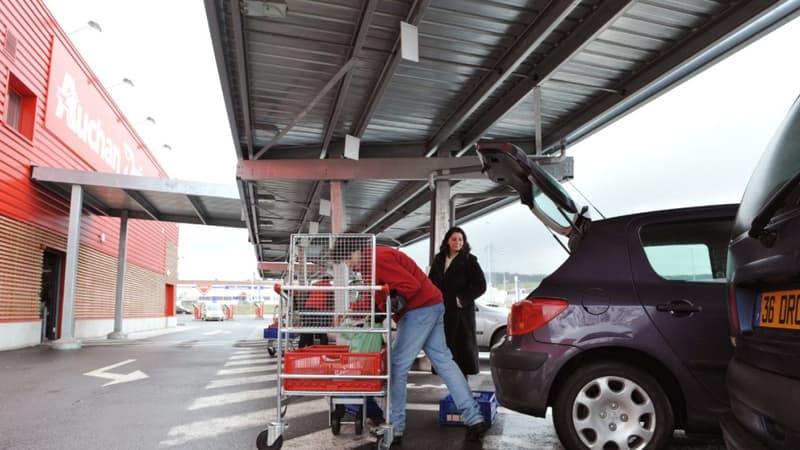The health crisis had benefited online sales of consumer products. The inflationary crisis is very unfavorable to them. This is stated by Fevad and NielseIQ in the first quarter sales report. After two years of exceptional growth, e-commerce in food has declined across most of Europe with a very sharp drop of -12% in the UK in 2022.
During the first three months of the year, online sales stagnated in France with a 4.9% drop in volumes purchased. It is the distribution circuit that has declined the most. At the same time, sales in hypermarkets and supermarkets fell by 2.7 and 2.5% respectively, and hard discount sales by 1.1%. Only urban convenience stores saw their sales volume increase (by 0.7%) during the period.
Increasingly fragmented purchases
A phenomenon directly linked to the continuous increase in prices of the last 18 months. To save money, consumers prefer to run smaller, more regular errands. Thus, the purchase frequency increased by 4.5% last year. Which means that the French go to the store a little more often to split up their purchases. It is for this reason that convenience stores (albeit more expensive) benefit while e-commerce (used to recharge the fridge) suffers.
More purchases with delivery than drive-thru purchases have suffered in recent months. The unit maintains a level of sales close to its records for the Covid period. With 3.5 billion products sold on the circuit in the last 12 months, we are close to the level reached last year and still well above pre-Covid sales (2.5 billion in 2019).
According to him, “it is even 25% of households that make a food purchase each month by self-service or home delivery.”
Less products, less sales
E-commerce is also penalized by the rationalization of the offer. Online sellers have reduced their number of products sold by 7%, for reasons of profitability. However, customers also favored e-commerce due to the importance of the offer. When you can’t find your brand of water, your yogurt pack, or your flavor of chips, that leads to fewer sales.
The circuit is also experiencing a clear drop, as shown by the loss of market share of organic products, and the strong dynamism of first-price private label, which is growing by +65%.
But the arrival of new players like the Dutch Picnic could well revive interest in online shopping for consumer products.
NielsenIQ sheds light on the Picnic brand, which has achieved significant performance since its arrival in Hauts-de-France: 20% of spend in the food universe on home delivery, €78 average basket in April, 66% rate of loyalty. The service was launched this year in some cities in the Ile-de-France.
Source: BFM TV


